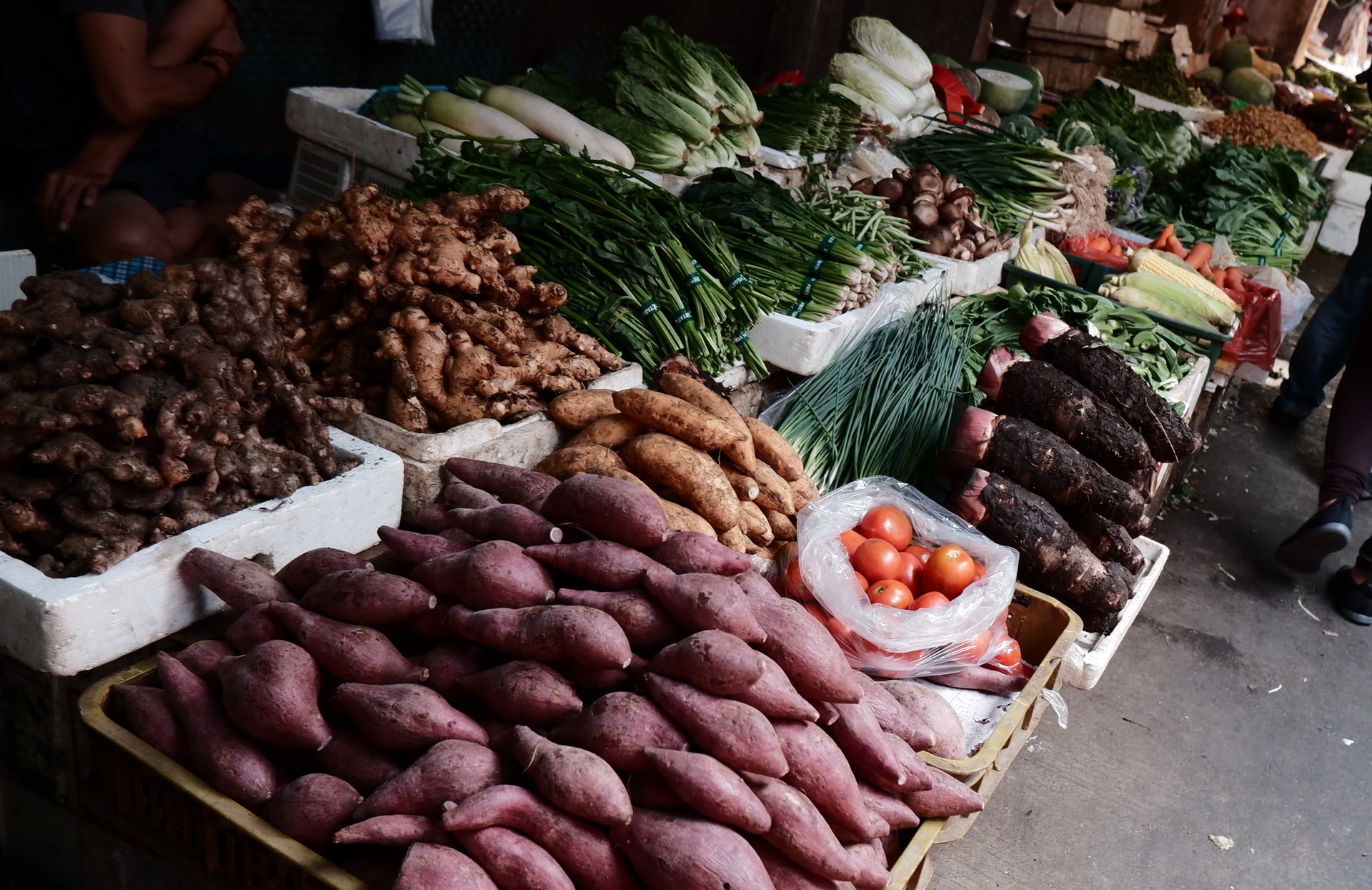The majority of sweet potato varieties may not be able to survive rising global temperatures, according to new research.
Peruvian and French researchers tested nearly 2,000 sweet potato strains, finding just 6.7 per cent are heat-tolerant. They suggest these varieties could be used in breeding programmes to help crops adapt to predicted temperature increases of 1-6°C by 2070.
The SMC asked experts to comment on this research.
Dr Steve Lewthwaite, Scientist, Plant & Food Research, comments:
“The sweet potato or kūmara is an important crop to New Zealand, primarily because it represents a continuation of presence, a co-existence with the first humans to arrive on our shores.
“Climate change presents both opportunities and challenges to future commercial sweet potato production in New Zealand, so research into this aspect of the crop, by large global organisations such as the International Potato Centre, are welcomed.
“The ecology of future fields – with changes in weed, pest and disease make-up – will vary with changing temperatures and available moisture. While there are periods within a sweet potato plant’s life cycle in which it is sensitive to water shortage – as in its establishment – or to water surplus – as during its late filling of storage roots – the sweet potato plant is fairly hardy to surviving drought. As a tropical crop, it is also well adapted to hot conditions.
“However, crop production issues can occur when the increased evapotranspiration requirements under hot conditions are not remedied by an adequate water supply. Current sweet potato production is largely reliant on rain-fed systems, so extreme and erratic changes to the seasonal distribution of natural rainfall will be problematic, and may require the industry to adapt in non-conventional ways.
“The research conducted by the International Potato Centre underlines the importance of genetic diversity in acting as a buffer within the intersection of ever-changing physical and biological challenges.”
No conflict of interest.
